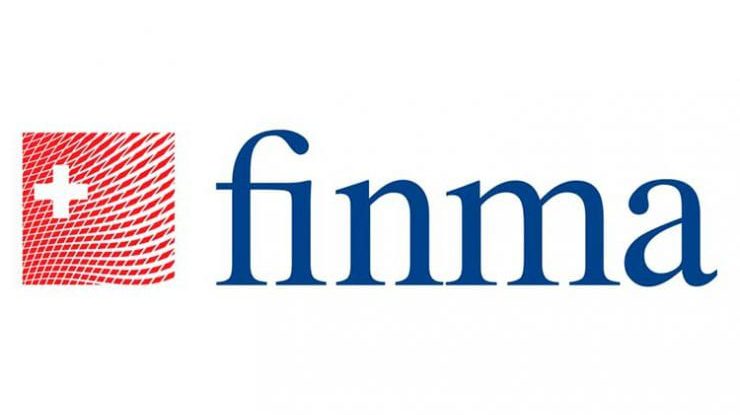Blockchain Increases The Money Laundering Risks States FINMA

FINMA (The Swiss Financial Market Supervisory Authority) warned the country that Switzerland is particularly inclined to money laundering risks for reasons, including the adoption of blockchain technology.
In its first-ever yearly risk monitor report issued by FINMA on Dec. 10, the regulator predicts that crypto assets and blockchain increase the country’s already enduring money laundering risks. The document reads:
“In addition to traditional money-laundering risks, the financial industry also faces new risks in the area of blockchain technology and the crypto assets that are attracting growing interest from clients.”
While these new technologies ensure efficiency improvements in the financial industry, they also enhance the perils of terrorism financing, and money laundering states the regulator. The regulator considers that the purportedly more significant potential for anonymity and the pace and global nature of such financial tools make them engaging instruments for unauthorized use.
The report also affirms that offenses like money laundering could hinder the adoption of nascent technologies like blockchain:
“Malpractice by the financial institutions active in FinTech could significantly damage the reputation of the Swiss financial center and slow down the development of digitalization.”
Other than blockchain, FINMA also regarded Switzerland’s status as a “private wealth management hub” as a patron to the high risk of money laundering in the country. Moreover, the agency stated that shriveling profit margins for banks might influence institutions to accept customers from high-risk emerging markets.
For more useful or more detrimental, money laundering concerns are already hindering the adoption of crypto assets. A recent joint statement adopted by the ‘Council of the European Union’ and the ‘European Commission’ reads that no global stablecoin project will commence operation in the EU until the observed risks like tax evasion and money laundering are addressed.
The exchanges have started delisting cryptocurrencies that provide higher privacy standards, to follow compliance. At the end of November, cryptocurrency exchange ‘BitBay‘ will delist ‘privacy-centric cryptocurrency Monero’ (XMR) due to money laundering concerns. In September, crypto exchange ‘OKEx’ did the same to many privacy-focused coins.




























































